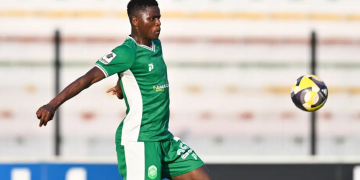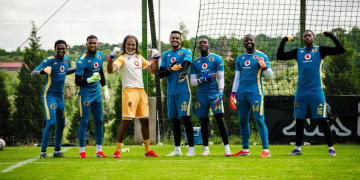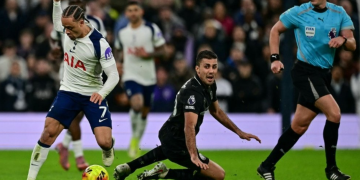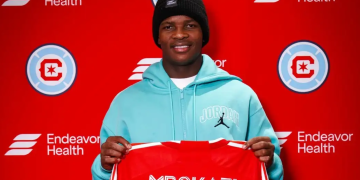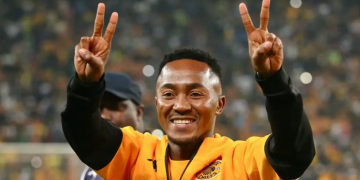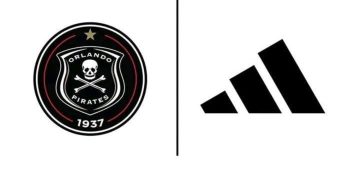Jacob Zuma’s political career has been full of drama from the start, beginning when he was fired as Deputy President in 2005 by Thabo Mbeki due to corruption charges. Despite this major setback, Zuma claimed he was unfairly targeted, a story that many believed, especially workers and trade unions. Using this support, he climbed to become the President of South Africa in 2009.
During his time in office, the unemployment rate in South Africa increased from 22% to 28%, showing his poor handling of the economy. The country’s credit rating also fell to junk status, which means international experts were worried about South Africa’s financial health.
Zuma’s time as president was heavily shadowed by his close relationship with the Gupta family, who became known for their involvement in government corruption. This included the “Guptagate” scandal, where a Gupta family plane landed illegally at a military base, causing a huge public outrage.
On April 7, 2017, big protests took place across South Africa because people were angry about Zuma’s corruption and a government change that seemed to help the Gupta family. This public anger played a big part in Zuma resigning in February 2018, as his own party and the public pressured him to step down.
Public Reaction

Zuma’s leadership, filled with corruption, left many South Africans feeling disappointed and betrayed. People felt he cared more about his own benefits than the country’s needs. These feelings were common among those struggling with joblessness and economic issues during his presidency.
The Gupta family’s strong influence during Zuma’s presidency shows the ongoing problem of corruption in South African politics, which goes beyond just one president.
The MK Party: Threatening an Aggressive
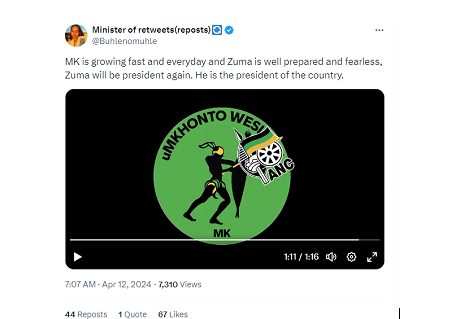
The MK party, known for supporting Zuma, often uses threats and violence, especially concerning elections. They have threatened to cause chaos and violence if they don’t get their way in the elections.
Besides threatening about elections, the MK party also organizes protests that sometimes become violent, leading to destruction and chaos in cities. Their actions not only risk public safety but also threaten South Africa’s democracy, as they focus on bringing Zuma back into power instead of the country’s larger interests.
Expecting to lose in the elections, the MK party is getting ready for big protests on May 30th. They are preparing to strongly oppose the election results, ready to break laws and disrupt society to try and grab power through chaos.
The aggressive behaviour of the MK party, along with Zuma’s history of corruption and poor economic management, shows a dark future for South Africa. Their readiness to damage democratic processes and use violence to get power, all because of loyalty to Zuma, threatens the legal and democratic systems that hold the country together after apartheid.



